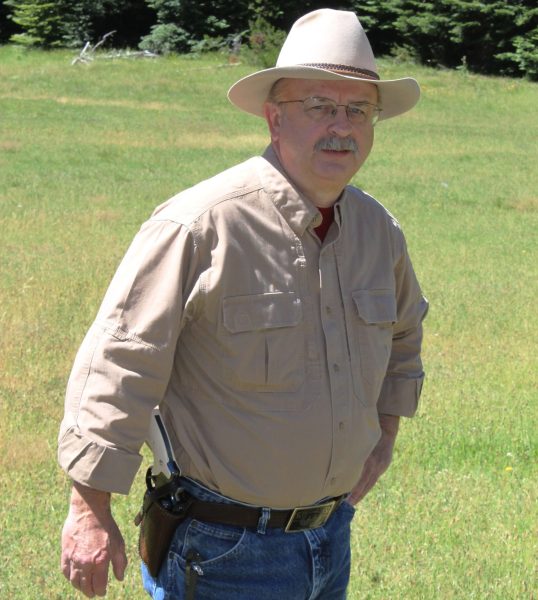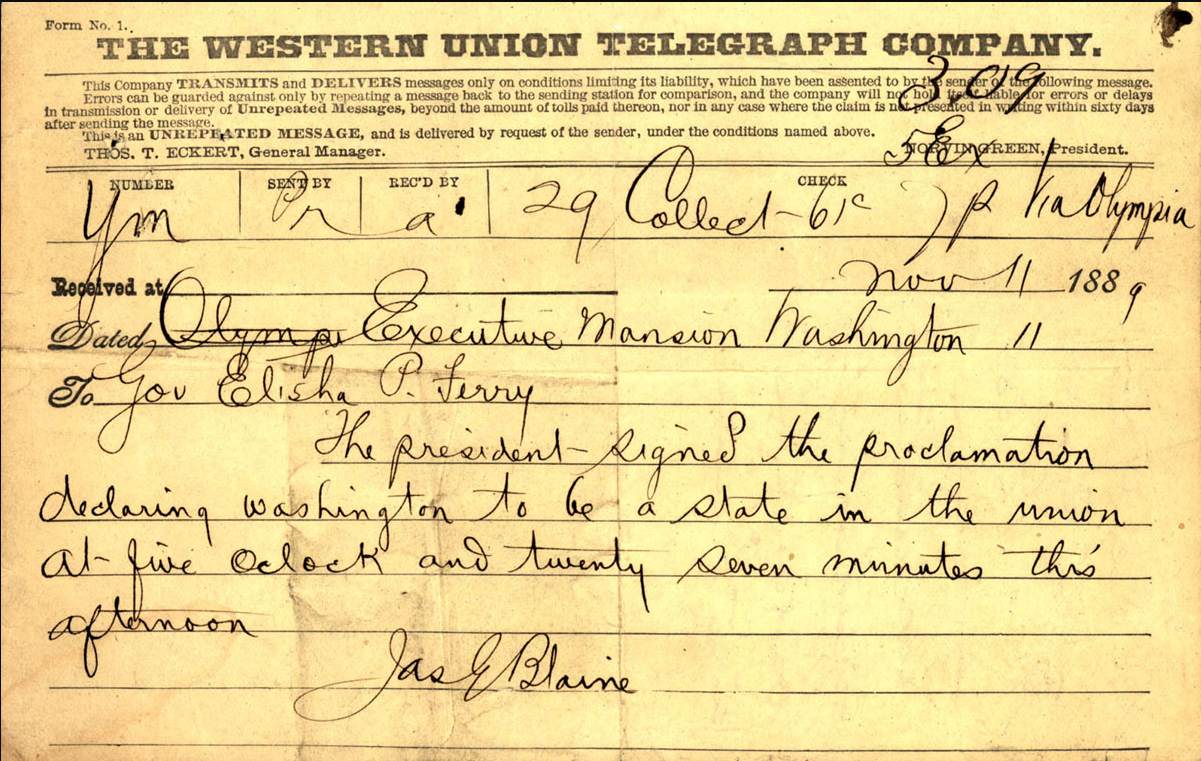
By Dave Workman
Editor-in-Chief
While the nation celebrates Veterans Day on Nov. 11, in the Pacific Northwest the date is also recognized as the date when Washington achieved statehood, and within its state constitution is one of the strongest right-to-bear-arms provisions in any state.
Article I, Section 24 of the Washington Constitution, adopted Nov. 11, 1889, is known for its simplicity and the fact that it doesn’t leave much wiggle room.

The provision reads, “The right of the individual citizen to bear arms in defense of himself, or the state, shall not be impaired, but nothing in this section shall be construed as authorizing individuals or corporations to organize, maintain, or employ an armed body of men.”

It is such a strong provision that when Arizona achieved statehood on Feb. 14, 1912, the provision was quoted word-for-word, although a couple of commas are missing.

What does the provision mean? First and foremost, the people debating the state constitution were careful to recognize that the right to bear arms is an individual right. It “shall not be impaired.” Democrats in the Legislature over the past several years have done their best to adopt impairments, of course, and some of those are presently being challenged in court.
The second segment applies to organizing vigilance committees or private security groups. This is not protected by the state constitution.
As for bearing arms, it appears to be a popular notion in Washington, despite the state’s recent exhibition of voters to continue electing anti-gun-rights Democrats to statewide offices (i.e. Governor-elect Bob Ferguson and Attorney General-elect Nick Brown). At last report from the state Department of Licensing, there were 701,178 active concealed pistol licenses in circulation, nearly all of them in the hands of state residents. October was the fourth straight month when the number of CPLs exceeded 700,000. This translates to roughly 9-10 percent of the qualified adult population in the state to be licensed to carry.
Washington is an open carry state, a fact reinforced by court ruling, although in a case known as State v. Spencer, the state Court of Appeals noted, “the right to bear arms is subject to reasonable regulation by the State under its police power.” A man named Randolph Spencer had been prosecuted under state statute which deals with the unlawful carrying and handling of firearms
On the other hand, a 2007 case known as State v. Gregory Elijah Casad, resulted in the unpublished opinion by the State Court of Appeals Division II which observed, “It is not unlawful for a person to responsibly walk down the street with a visible firearm, even if this action would shock some people.” Earlier, the trial court had noted, “The statute does not, and under the Constitution, cannot prohibit the mere carrying of a firearm in public.”
Washington’s statehood celebration is invariably overshadowed by Veterans Day, but for native Evergreen State residents who paid attention during their high school courses on Washington State history, it remains on their minds.
It is notable that the annual Veterans Day parade in Auburn, a city south of Seattle, is known as the largest such parade west of the Mississippi River. It is a huge event, attracting thousands of visitors to the small city for a day of celebration and honoring military veterans. This year’s event was held on Saturday.



